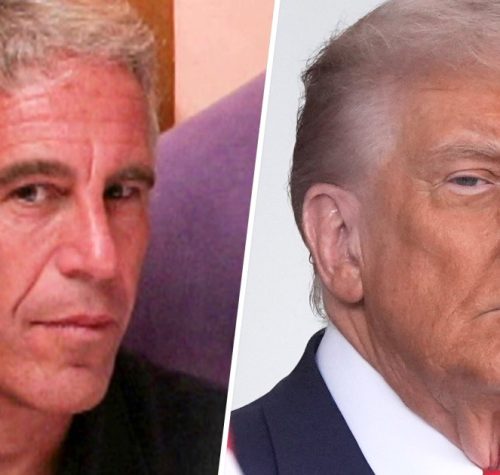

This 80-year-old breaks an Ironman triathlon record
At 80 years old, Natalie Grabow became the oldest woman ever to finish the grueling, 140.6-mile Ironman World Championship triathlon in October. She spoke about how she got started in racing and.

Eiffel Tower lit up on Paris attacks 10th anniversary
Eiffel Tower lit up on Paris attacks 10th anniversary
Source link

Would a 50-year mortgage make homes more affordable?
As housing affordability has priced many Americans out of buying a home, President Trump floated the idea of a 50-year mortgage. NBC News’ Brian Cheung joins “Here’s the Scoop” co-host Yasmin Vossoughian.

Focus on Trump-Epstein Relationship Grows After Email Release
As fallout grows over the tens of thousands newly released Jeffrey Epstein emails and documents, President Donald Trump’s longtime relationship with the late convicted sex offender is back in the spotlight. The.

Flight cancellations persist as government reopens
It remains unclear when full flight schedules will be restored after President Trump signed a bill that reopened the government. NBC News’ Sam Brock reports from Newark Liberty International Airport.
Source link.


